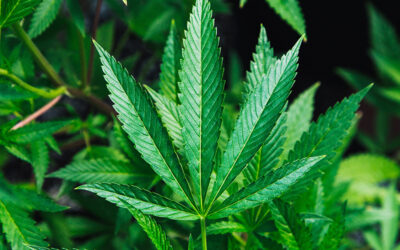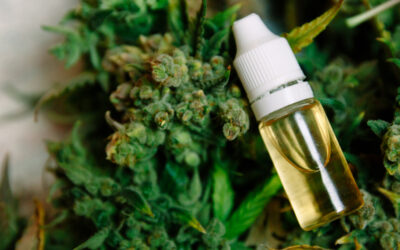Updated July 2019
After a slew of unsuccessful attempts, the state of Ohio finally improved its marijuana policies in 2016 by passing comprehensive medical marijuana legislation. However, recreational marijuana continues to be illegal. Learn more about Ohio marijuana laws below.
Recreational Marijuana Laws in Ohio
Is marijuana legal in Ohio? No– recreational marijuana is currently illegal. The small bright spot in Ohio’s marijuana policy is that the possession of less than 100 grams in punishable as a minor misdemeanor and subject to only a $150 fine. In Ohio, minor misdemeanors do not become part of a person’s criminal record. Possession of greater quantities, however, is still a standard misdemeanor or felony, which can be punished by fines of $250 to $20,000, and 30 day to 8-year prison terms.
Additionally, in November 2016, voters in four Ohio cities — Newark, Bellaire, Logan and Roseville — passed a measure to eliminate all criminal penalties and remove driver’s license suspensions associated with the possession of less than 200 grams.
Medical Marijuana Laws in Ohio
Ohio became the 25th U.S. state to legalize medical marijuana after Gov. John Kasich House Bill 523 into law in June 2016. Under the law, patients with a recommendation from a Ohio-licensed doctor are allowed cannabis plant material, edibles, patches, oils and tinctures. The law, however, prohibits smokable marijuana products and home cultivation.
The law took effect September 6, 2016. However, the state is still in the process of setting up growers and dispensaries. Ohio’s medical marijuana patient registry opened on December 3, 2018. and cannabis should be available to purchase from dispensaries before February 1, 2019. Until then, lawmakers are allowing patients to travel to Michigan or other nearby legal states to purchase marijuana and carry it back across state lines.
The following conditions are approved for medical marijuana prescription in the state:
- Amyotrophic Lateral Sclerosis (ALS)
- Alzheimer’s Disease
- Cancer
- Chronic Traumatic Encephalopathy (CTE)
- Crohn’s Disease
- Epilepsy and other Seizures Disorders
- Fibromyalgia
- Glaucoma
- Hepatitis C
- HIV/AIDS
- Inflammatory Bowel Disease
- Multiple Sclerosis
- Pain (Chronic, Severe or Intractable)
- Parkinson’s Disease
- Post-Traumatic Stress Disorder (PTSD)
- Sickle Cell Anemia
- Spinal Cord Disease or Injury
- Tourette’s Syndrome
- Traumatic Brain Injury
- Ulcerative Colitis
CBD Hemp Oil in Ohio
Hemp-derived CBD products are legal under Federal Law in the United States; however, individual state laws are dynamic and fluid. Individual states may enact their own laws governing hemp-derived CBD.
Cultivation of Cannabis in Ohio
Ohio’s law prohibits cultivating marijuana plants for personal or medical use and it is punished as possession.
Hemp can be grown in Ohio by licensed growers. In July 2019, Ohio Gov. Mike DeWine signed a bill that decriminalized hemp and hemp CBD products, paving the way for the development of a new hemp industry in the state. Senate Bill 57 allows Ohio farmers and university researchers to grow hemp and also legalizes the sale of hemp CBD oil. The hemp program will be overseen by the Ohio Department of Agriculture. Ohio is one of the first three states to have its hemp program approved by the U.S. Department of Agriculture (USDA). The state plans to allow commercial cultivation for the first time in 2020.
Legal Status of Other U.S. States
Stay up to date on the latest state legislation, referendums, and public opinion polls. Our Marijuana Legalization Map allows you to browse the current status of medical and recreational marijuana laws in other U.S. states and territories.
Sources
- http://norml.org/laws/item/ohio-penalties-2
- https://www.mpp.org/states/ohio/
- http://medicalmarijuana.procon.org/view.resource.php?resourceID=000881
- http://codes.ohio.gov/orc/2925.11
- http://www.cleveland.com/open/index.ssf/2016/06/ohio_legalized_medical_marijua.html
- http://www.cleveland.com/metro/index.ssf/2016/11/marijuana_measures_pass_in_4_o.html
DISCLAIMER: The information contained in this website is for general information purposes only; it does not constitute legal advice. Although we endeavor to keep the information up to date and correct, we make no representations or warranties of any kind, express or implied, about the completeness, accuracy, reliability, suitability or availability with respect to the website or the information, products, services, or related graphics contained on the website for any purpose. Therefore, any reliance you place on such information is strictly at your own risk.






